The Leadership Lab
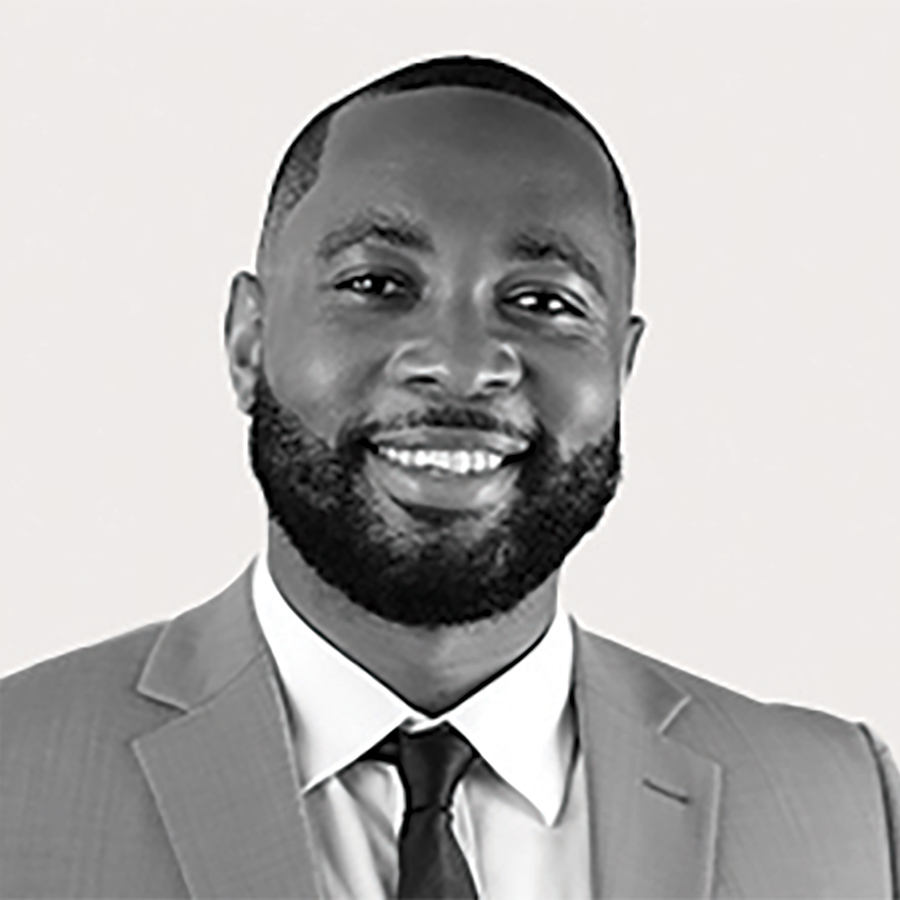
t’s a situation to which nearly any New York attorney can relate: Khasim Lockhart ’18 was stuck in traffic on his way to work. As his stress level rose, he navigated Manhattan rush hour driving while calling—hands-free, of course—into his office at Frankfurt Kurnit Klein & Selz, where he is an associate, to manage his morning schedule.
Then Lockhart remembered a recent discussion on stress management he’d had with the students in his Peer Mentoring & Leadership course at Fordham Law. “My class topic was on stress and how to make stress your friend,” said Lockhart, an adjunct professor at the Law School. “So, rather than getting down on myself, I remembered the class I’d taught.”
Lockhart’s leadership mindset hasn’t helped him only in traffic. Now a fifth-year associate, he is already serving on firm committees. As the chair of the firm’s racial justice task force, he—as a midlevel associate—leads biweekly discussions attended by firm leaders.
Lockhart credited his leadership mindset in part to what he learned at Fordham Law: “Fordham always told me yes.”
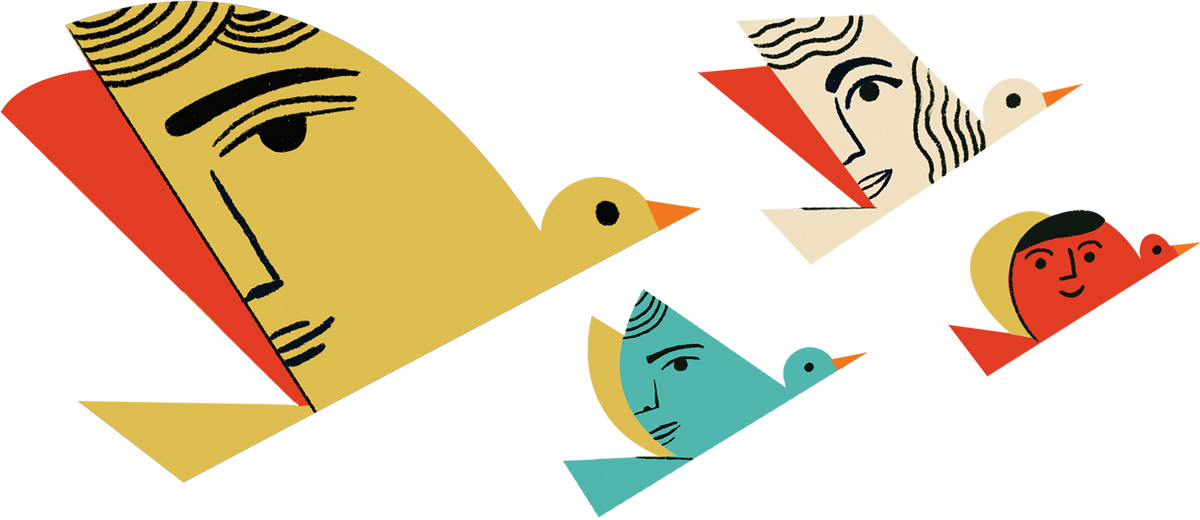
A Leader in Leadership
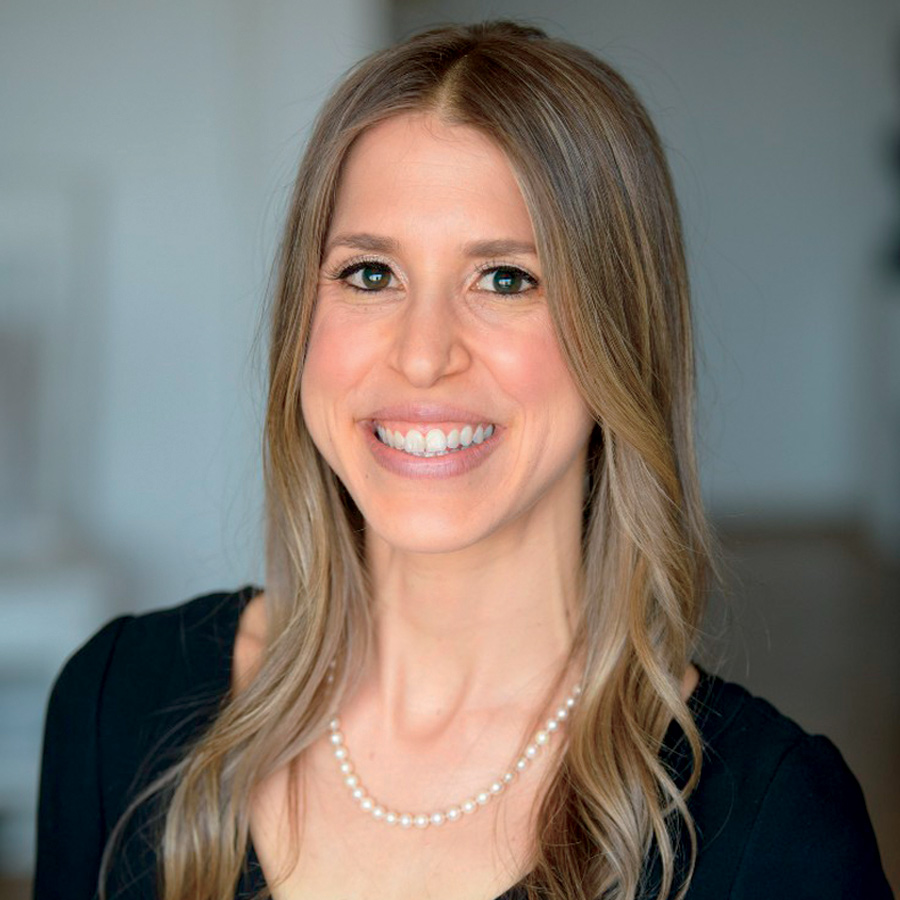
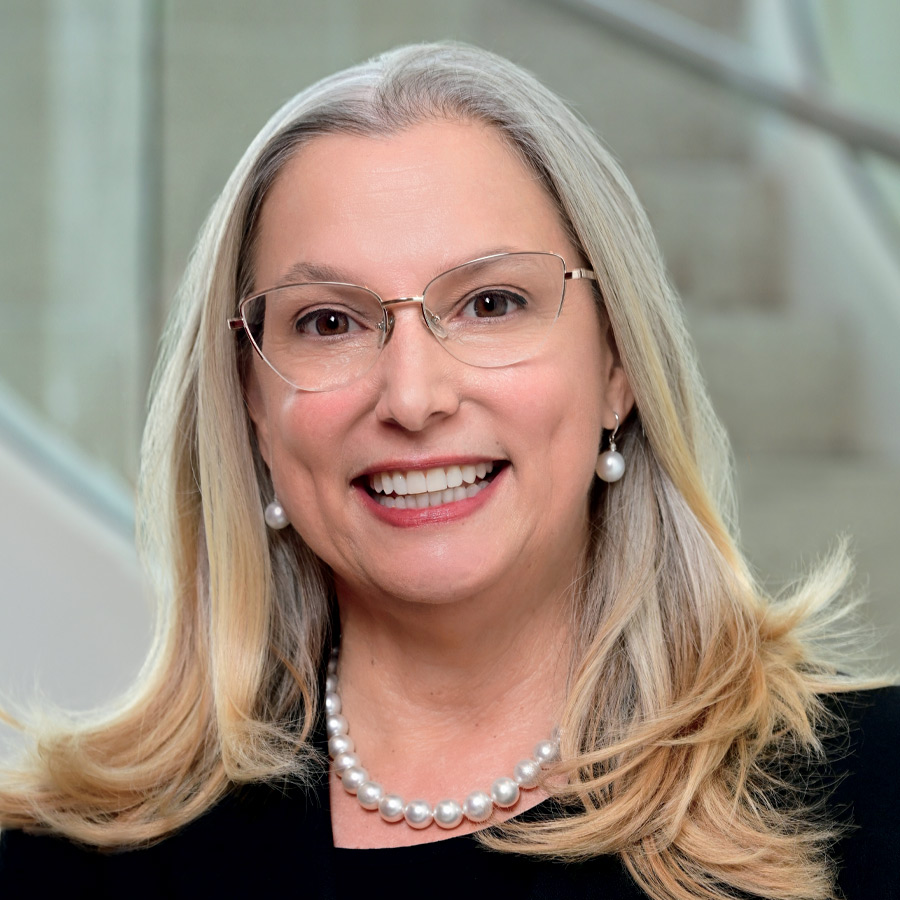
“Just at the moment when they need to make decisions about classes, jobs, and co-curriculars, they were on their own,” said Sugin. “I started the program to help them navigate the beginning of their second year, which is a uniquely challenging time.”
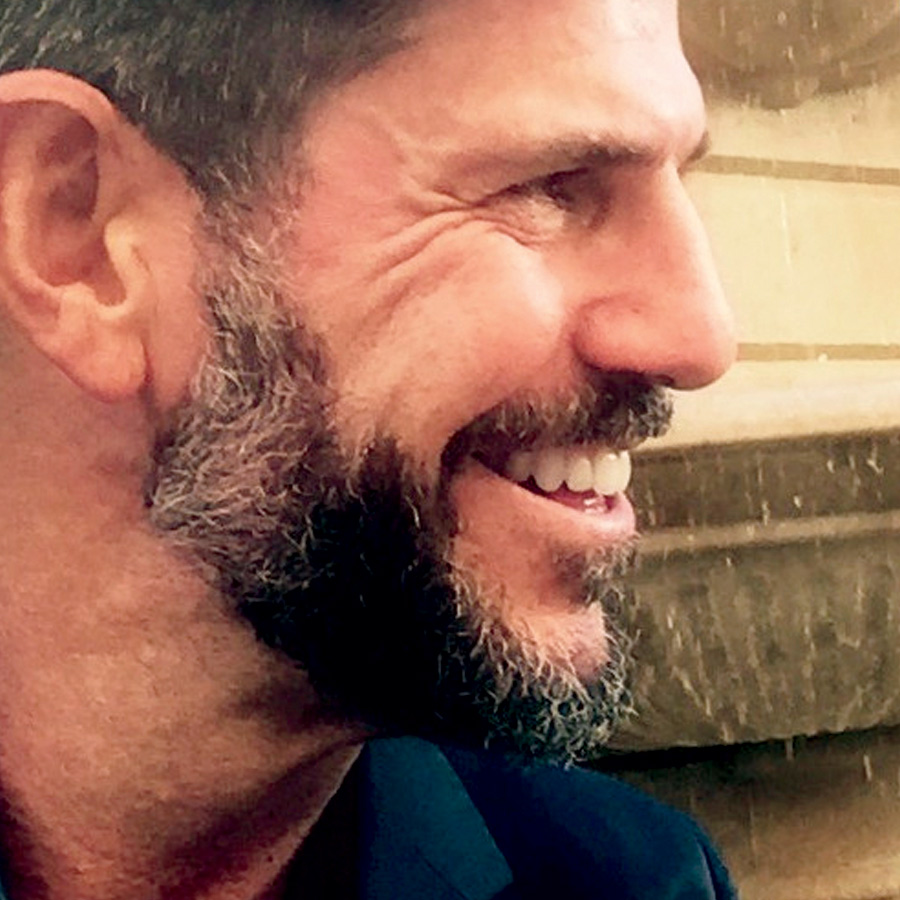
Over the past few years, Fordham has further enhanced its leadership training efforts, growing the peer mentorship program, adding other leadership courses, establishing a fellows program for upper-level students associated with first-year sections, and building a pipeline of diverse leaders.
Fordham Law’s Office of Professionalism is at the forefront of the school’s leadership initiatives. The office’s head, Assistant Dean of Professionalism Jordana Alter Confino, was recruited to Fordham by Sugin in 2019 to collaborate with her in developing and building Fordham’s offerings and to implement Fordham’s innovative House System. At that time, Confino wasn’t aware of any other law school so committed to professionalism and professional identity that there was an office dedicated to its development.
Leadership and training through the Office of Professionalism take several forms. Within the House System, first-year sections are grouped into “houses” that offer 1Ls programming and social events throughout the year. Each incoming student is assigned a mentor through the Board of Student Advisors (BSA). Each BSA student mentor leads two sections of first-year students, meeting with them as a group and as individuals throughout the year.

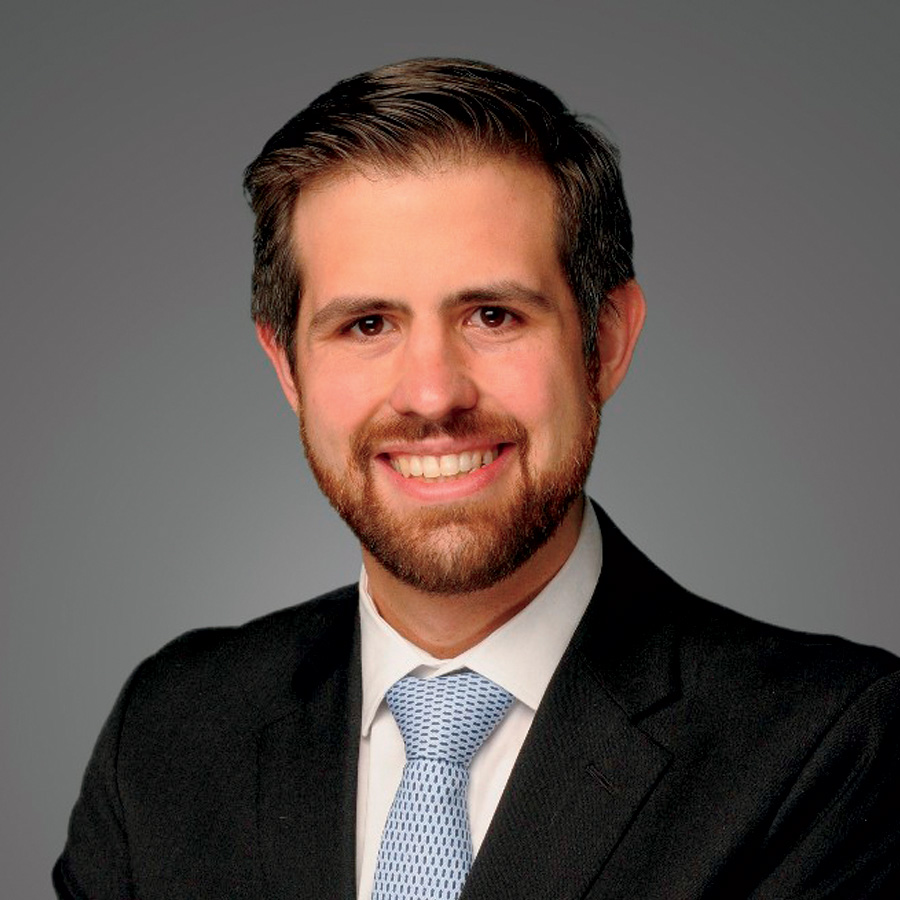
“1L [year] is hard,” said Underwood. Now, in his second year on the BSA, he gives first-year students the benefit of his own experience. One of the main challenges for his mentees, he said, is prioritizing all the challenges and opportunities before them. Their questions frequently boil down to, “Do I have to care about this right now?” As a mentor, he’s learned to meet mentees where they are and gauge what kinds of interactions work best for them.
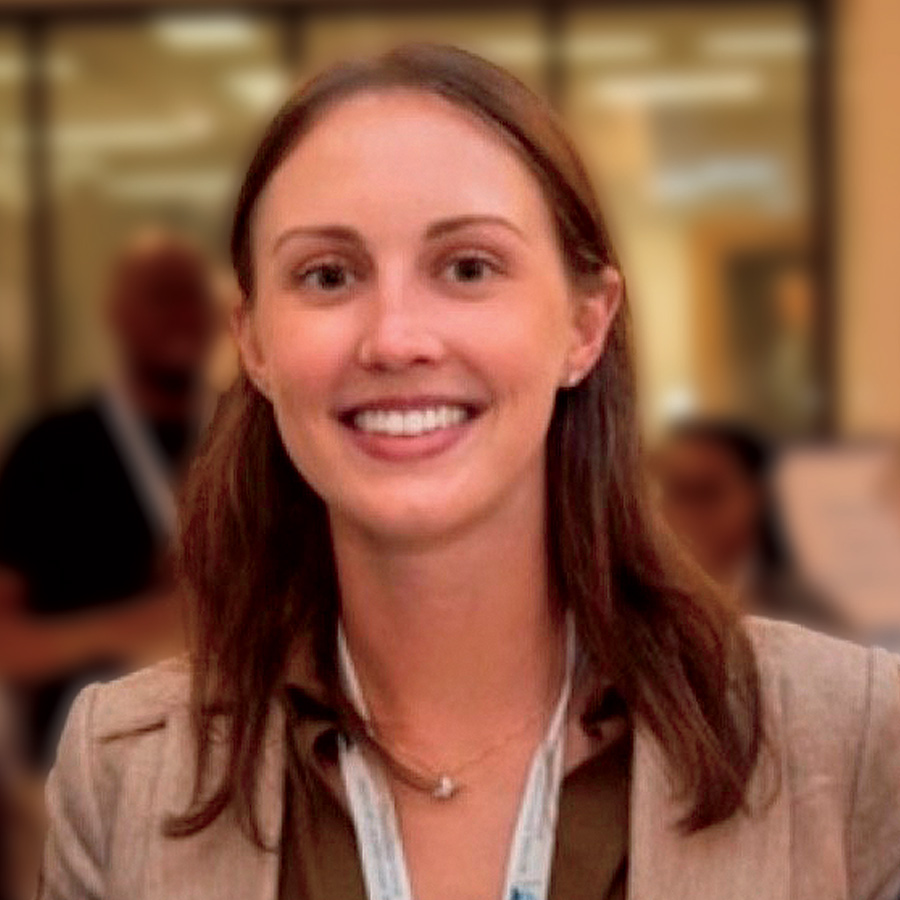
BSA mentors are overseen by Professionalism Fellows, upper-level students who receive a stipend to facilitate programming and organize BSA mentoring. The Professionalism Fellows program was established to give select students experience leading programs alongside faculty and administrators. They provide support and guidance to a large group of students, navigate conflicts, facilitate discussions, and serve as advocates and liaisons to the administration.
“It is wonderful to see the fellows grow into their leadership roles as they build confidence and expertise—students can do amazing things if the institution supports them,” said Sugin. “I believe that students can often be more effective than faculty or administrators in facilitating learning.”
Most fellows oversee two sections of first-year students—a house—while two fellows organize interhouse activities. Programming facilitated by fellows includes everything from sessions on course selection to kickball games.
The fellows also work closely with the Professionalism Office team to develop a series of programs focused on professional identity formation, newly required by the ABA, but which Fordham has been delivering since 2018. Following careful training, the BSA mentors facilitate discussions with first-year students during both the August and January orientations about connecting their values and backgrounds to their development as lawyers. According to FitzGerald, these responsibilities help BSA mentors and Professionalism Fellows gain skills that help them transition to practice, like mentoring, collaboration, and working on a team toward a common goal.
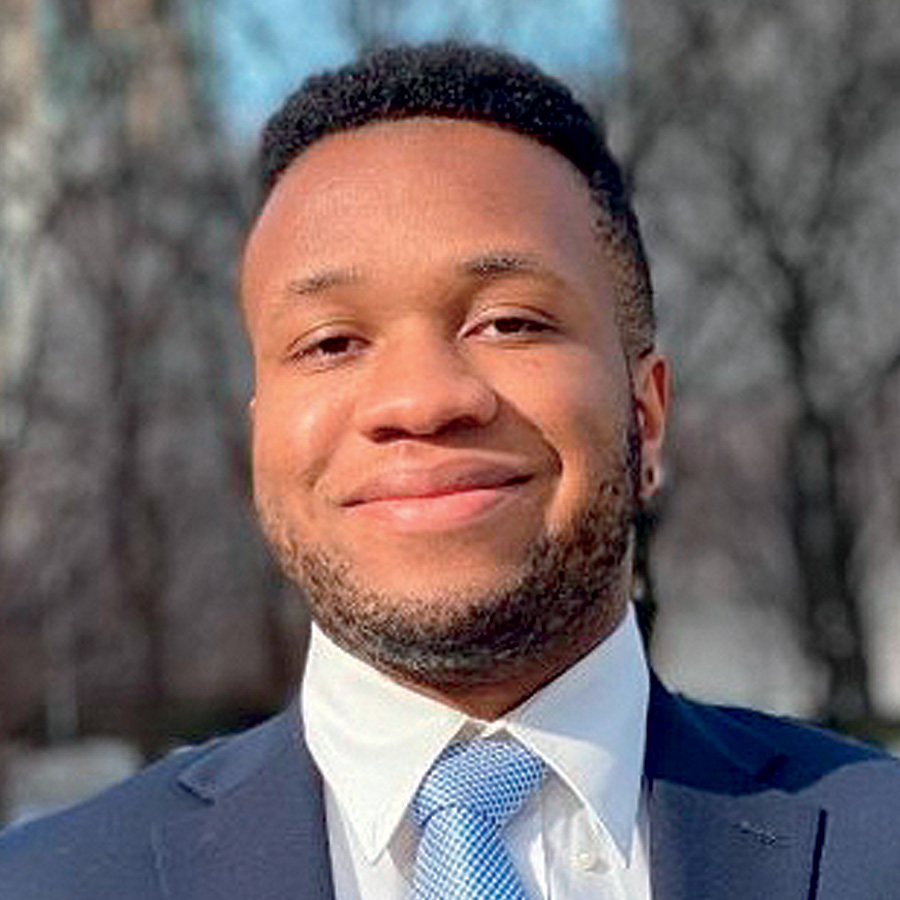
Small says that, while the Office of Professionalism sets a schedule for the house program that guides the Professionalism Fellows’ programming on topics like clerkships and résumé building, it also gives fellows the autonomy to schedule their own programming throughout the year based on the needs and interests of their houses. “If I see that my house is struggling with legal writing, or grades and feedback, then I’ll have a legal writing [teaching assistant] come in and talk about that,” said Small.
In Theory and In Practice
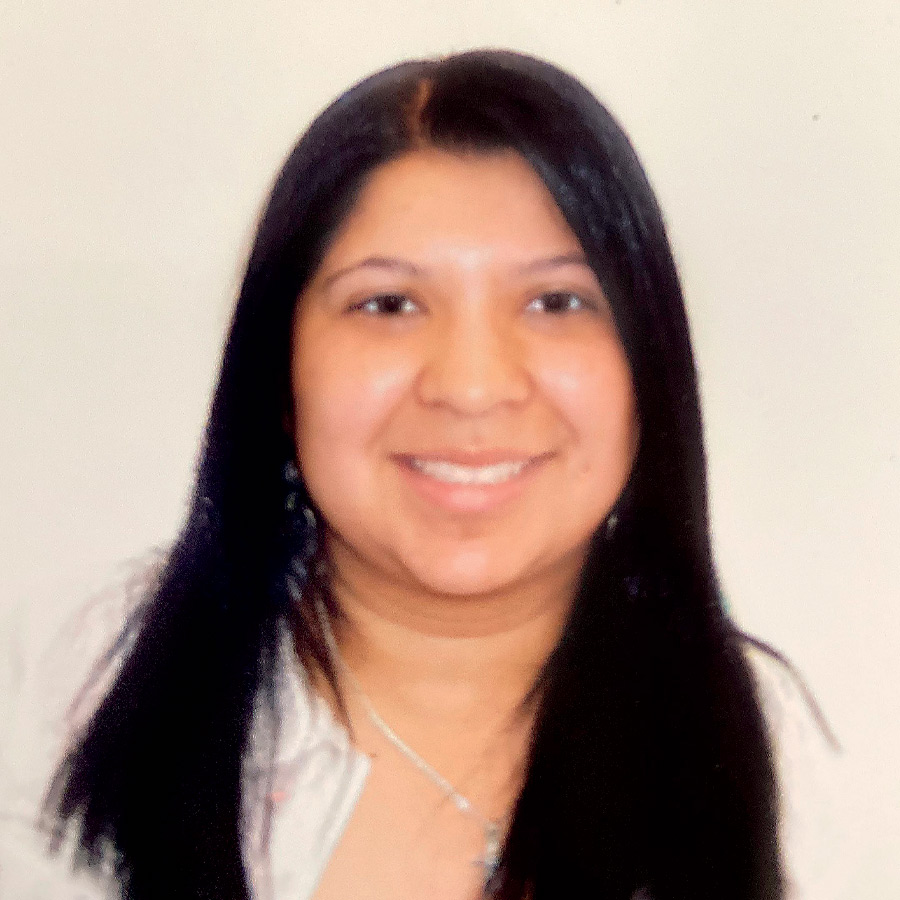
Confino says the class often caps out within seconds of the opening of course registration. “The class really is a unicorn in law school,” said Lockhart, noting that it is rare to have a class “where you can come in and learn about the soft skills that will help you excel as an attorney, but also, and importantly, will help you excel as a human.”
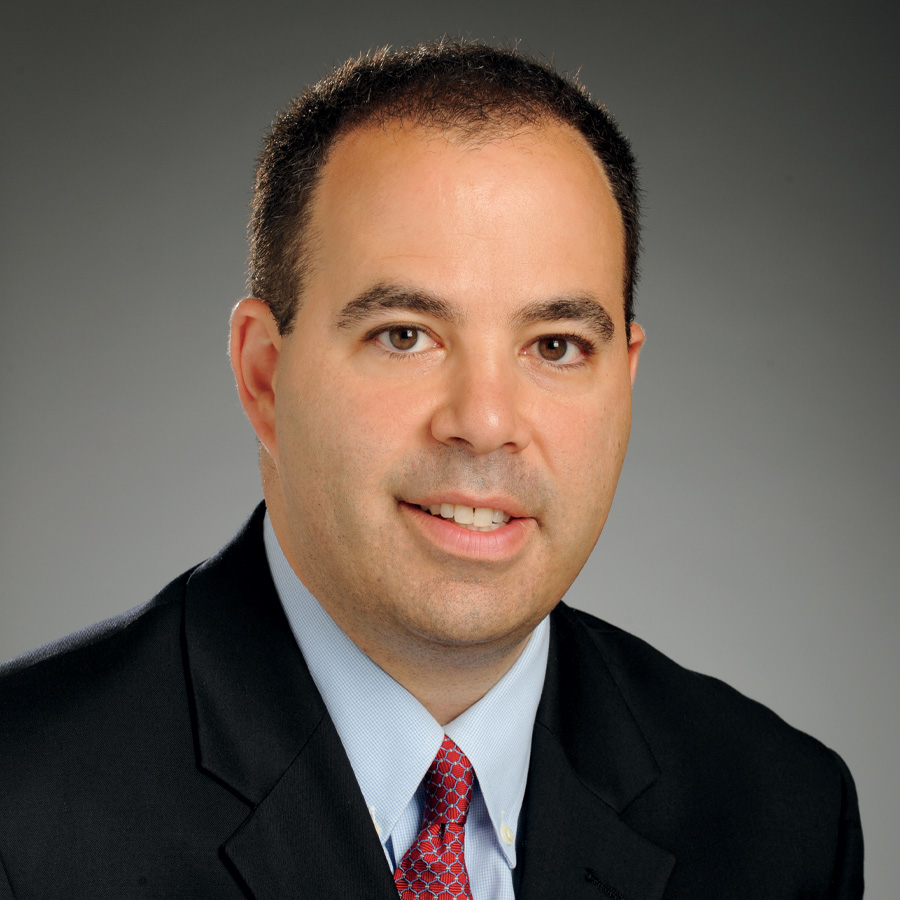
While leadership positions in many organizations often go to lawyers, Radvany says leadership has not traditionally been a focus of law school coursework. He notes that business schools often offer such courses.
The course is discussion based, with students sharing their thoughts on readings and writing assignments that help them learn about various aspects of leadership. The course also provides an opportunity for students to learn more about their own leadership capabilities.
“Although students come with preconceived notions of leadership, they frequently tell me that the course has provided them with a better understanding regarding which characteristics and styles of leadership can be most effective,” said Radvany. Top lawyer leaders in government, public interest, and the private sector also regularly come to the class to discuss leadership.
Diversifying the Pipeline
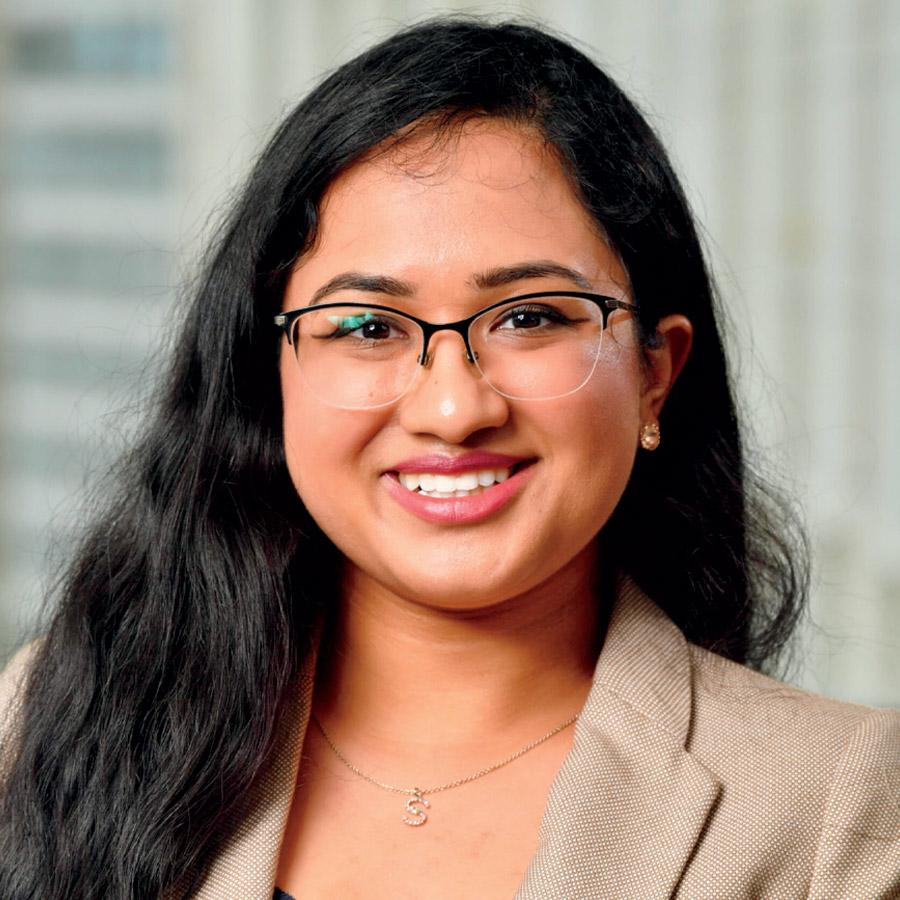

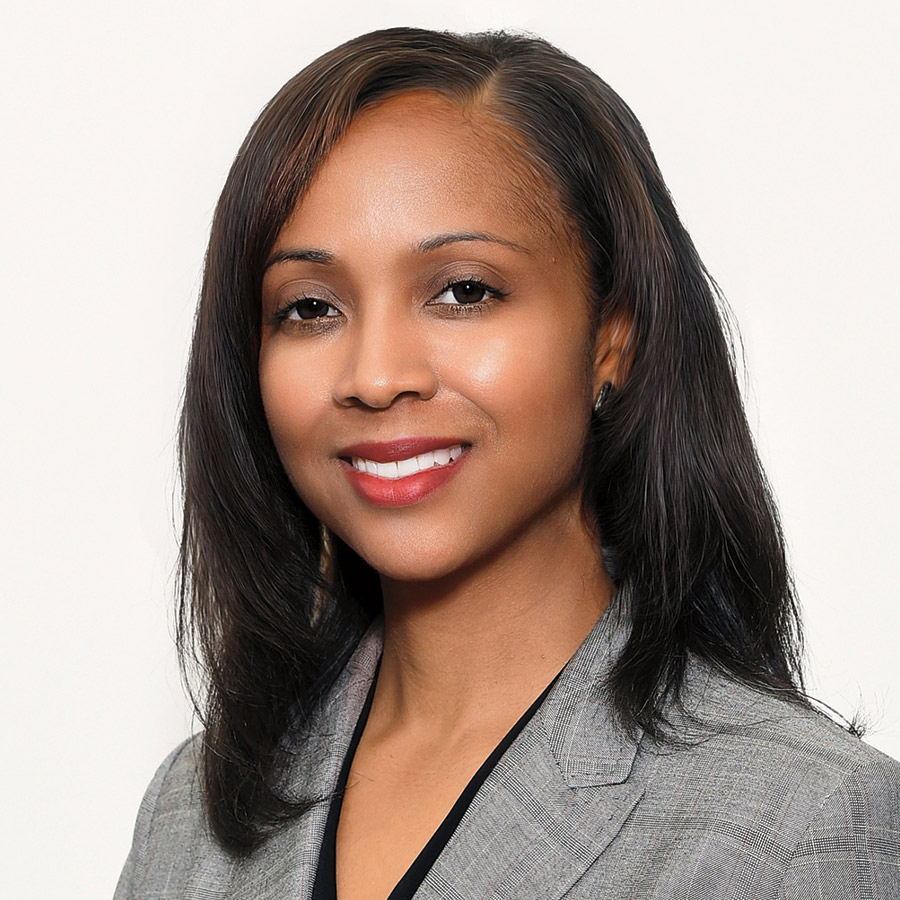
Calling the REAL Scholars “an elite group with a special bond,” Dean said she’s been pleasantly surprised by how many of the REAL students have stayed connected with each other and committed to helping the incoming cohort once they move into their second year. Parikh, now a mentor to this year’s REAL cohort, said she is intentional about forming relationships and guiding first-year students to other connections and resources. She noted that learning how to build connections will help her and her mentees in their legal careers.
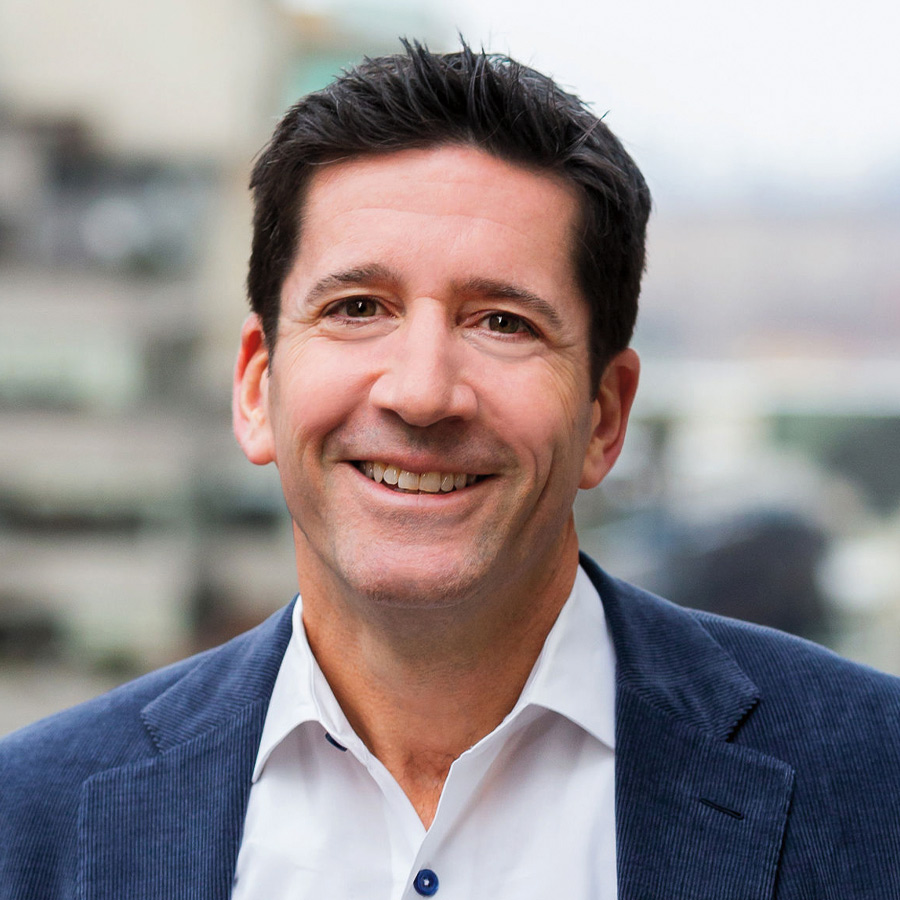
While it is still early in the history of the REAL Scholars Program, Dean said initial results have been overwhelmingly positive. All of the REAL students in the first class took prestigious legal internships in the summer after their first year of classes, and a vast majority are now on journals or competition teams, with many in leadership positions in student organizations such as the SBA and affinity groups.
Forming Connections
Small said one of the benefits of being a Professionalism Fellow is the organic connections with administration. Rather than simply making an appointment to address a particular challenge, being a Professionalism Fellow has allowed him to build relationships through more casual interactions. “It’s nice to already know and have relationships with these administrators, so that when I actually do need help with a résumé or something of that sort, it’s not the first time that I’m barging in their door to ask for help,” he said.

In addition to taking leadership-centric courses and other training, many REAL Scholars are also leaders on competition teams, journals, affinity groups, student government, and more. Even as they start law school, many first-year students in the REAL Scholars Program are taking leadership roles in campus organizations, which Dean said is “unprecedented.”
Leadership Beyond Law School
As a student and young alumnus, Lockhart says he felt the freedom to champion his own ideas. “Fordham doesn’t put students in a box,” he said, noting that he doesn’t feel the Law School instilled a mentality of hierarchy that would make new lawyers feel as if they have to wait their turn.
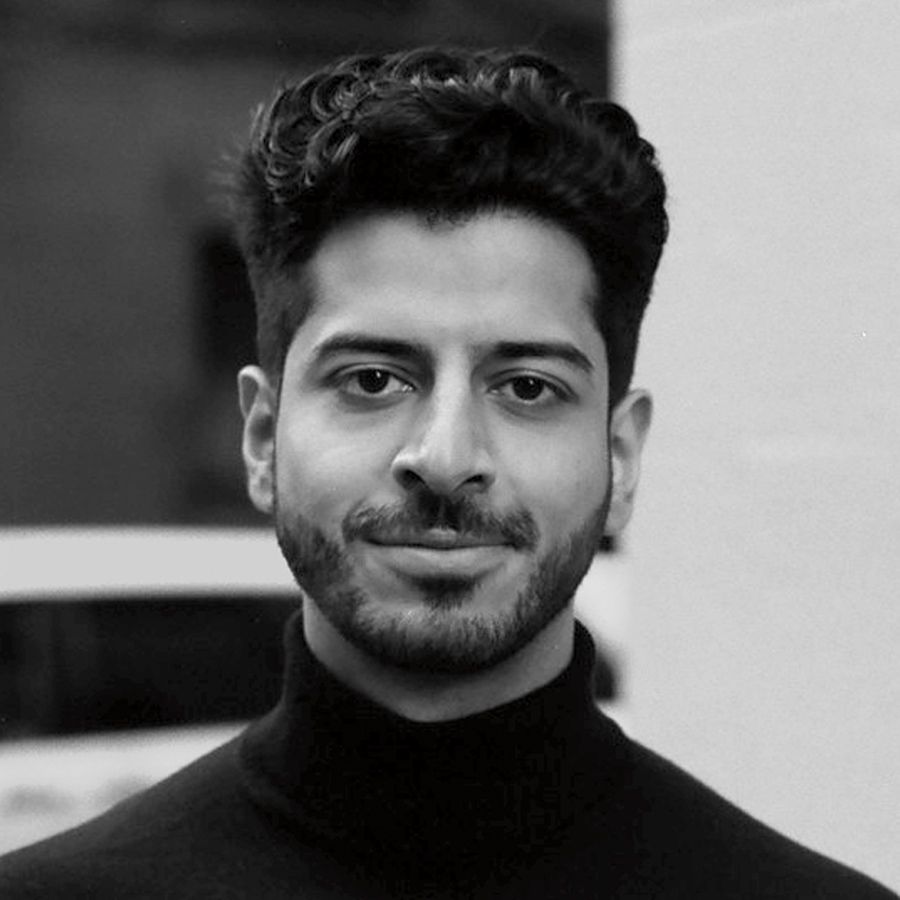
“There are a lot of lawyer leaders in many spheres of the world,” said Zargar. “This is something that I think law students would really benefit from engaging with and learning about—and then, of course, implementing.”
Dean notes that the leadership training promoted through the REAL Scholars Program not only provides opportunities for students, but also gives them an important perspective that will help them be successful in an evolving profession. “We are prioritizing diversity, equity, and inclusion as part of leadership development because you cannot be a global leader if you do not have the skill set to work in a diverse environment and work with a diverse client base,” she said. “We are preparing historically underrepresented students in the law to use their diverse experiences to make a difference in the world, whether that be through public interest work or corporate law practice.”
With all the opportunities to study and practice leadership in law school, Fordham’s future lawyers will be well equipped to thoughtfully navigate leadership positions in a demanding profession. Even when that navigation leads through rush hour traffic, metaphorical or otherwise.